The Purpose of Self-Preservation in the "Jurisprudence of Waters": An Exercise in Criticism and Renewal of the “Explanatory Proverbs” in Maqāṣid Teaching
This book presents a study in jurisprudence of purposes of Islamic law (fiqh al-maqāṣid) with focus on demonstrating the purpose of “self-preservation” in the jurisprudence of water, and in motivating a renewal in the study of jurisprudence of water in a way that contributes to fulfilling the purpose of “self-preservation” in the reality of contemporary societies. In this book, the author answered the difficult and vexing question posed to qualified experts regarding the explanatory proverbs/examples in both juristic and maqāṣid teaching; the question being: why did these explanatory proverbs/examples in the area of water remain without renewal or change for so many centuries? What is the basis for continuing to reference these even today, without addition, reduction, or amendment, despite the fundamental changes occurring in social, economic, political, legislative, and cultural life? The author pointed out that this situation was quite widespread in the area of jurisprudence and legal theory (uṣūl), and the discipline of maqāṣid, generally. The distinguished reader will also find that the author has intentionally drawn attention to an area that has not received worthy attention from contemporary researchers, i.e. the area lying between purposes (maqāṣid) and jurisprudence (fiqh). Furthermore, that jurisprudence is obliged to serve, and be governed by maqāṣid, and not rule over them, at both theoretical and practical levels. In addition, he intended to open the door to juristic effort (ijtihād) and renewal (tajdīd) in the jurisprudence of water in its contemporary elements, applying the standards of the universal purposes (al-maqāṣid al-‘āmah) of Islamic law that promote the right to liberty, glorify the right to life, and grant due care to collective communal benefits, with wisdom and vision, and without fear or leniency.
 Shared Knowledge
Shared Knowledge
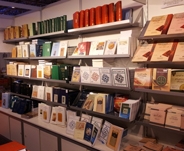
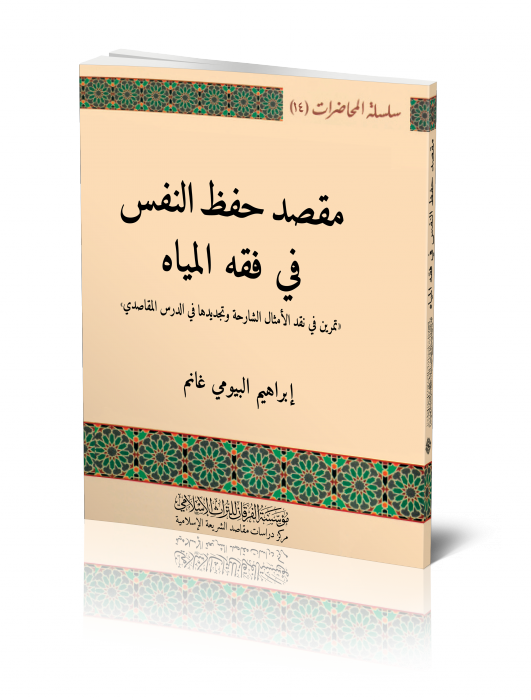
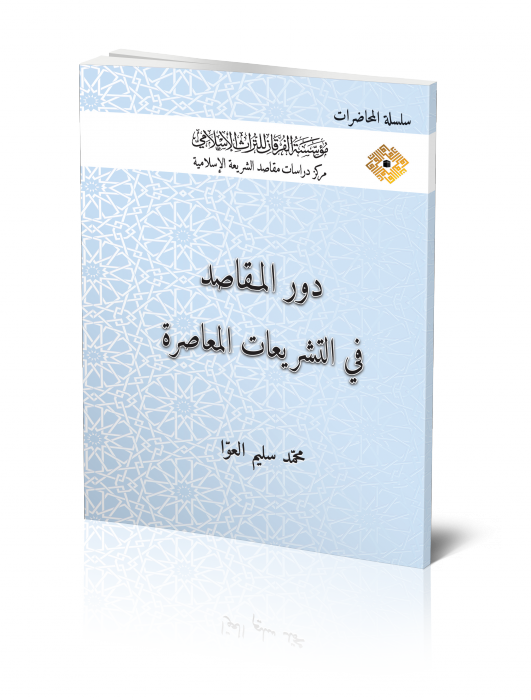 The Role of the Objectives of Islamic Law in Contemporary Legislations
The Role of the Objectives of Islamic Law in Contemporary Legislations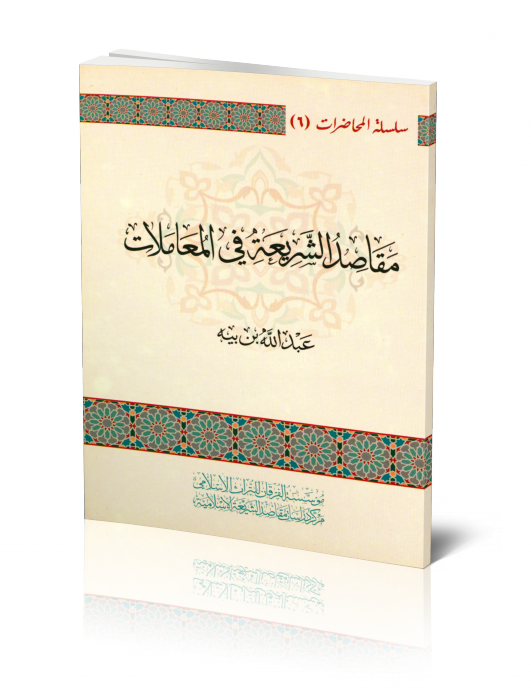 Purposes of the Islamic Financial Law
Purposes of the Islamic Financial Law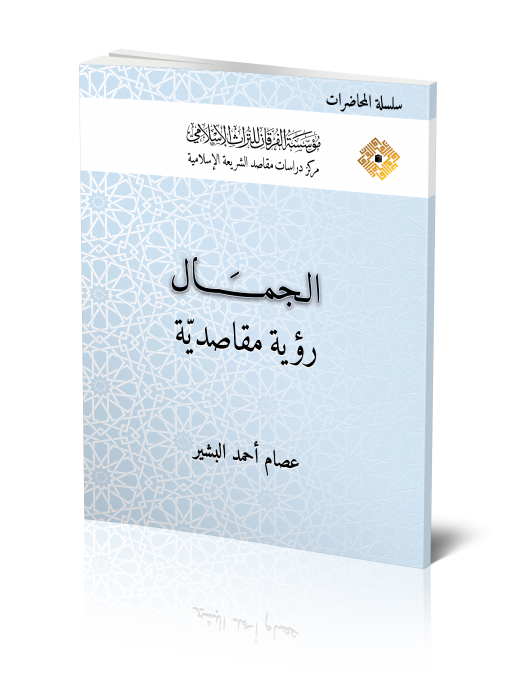 Beauty: An Approach Based on the Philosophy of Islamic Law
Beauty: An Approach Based on the Philosophy of Islamic Law